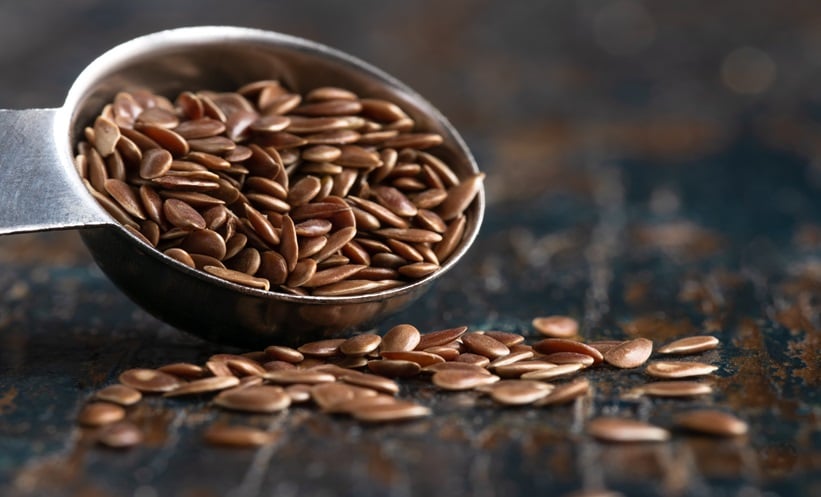METABOLIC dysfunction-associated steatotic liver disease (MASLD) is the most prevalent chronic liver disease globally, affecting 25% of the population and imposing an annual economic burden of $103 billion in the US alone. MASLD ranges from simple steatosis to severe conditions like liver failure and hepatocellular carcinoma, yet no definitive medical treatment exists. Current management focuses on weight loss through dietary and exercise interventions.
Emerging studies highlight the potential of flaxseed, rich in omega-3, fibre, lignans, and antioxidants, in improving MASLD outcomes. It benefits metabolic health by reducing insulin resistance, suppressing fat deposition, and promoting fat oxidation. Similarly, time-restricted feeding (TRF), a form of intermittent fasting, has shown promise. TRF’s “metabolic switch” encourages the body to burn fats for energy after glycogen depletion, improving weight, glycaemic control, and inflammation.
A recent clinical trial investigated combining TRF and flaxseed for MASLD treatment. Over 12 weeks, participants were divided into groups following TRF, flaxseed supplementation, or both. All interventions significantly improved BMI, waist circumference, lipid and glycaemic profiles, liver enzymes, and inflammation markers. However, the combination failed to outperform individual interventions, suggesting no synergistic benefit in the short term.
While TRF and flaxseed alone effectively reduced inflammation, insulin resistance, and liver fibrosis, combining them did not yield significant additional improvements. These findings align with earlier studies showcasing the independent benefits of each approach in managing MASLD.
The study’s limitations, including small sample size, short duration, and reliance on non-invasive liver assessments, necessitate further research. Future trials should explore longer intervention periods, larger cohorts, and different forms of flaxseed to determine optimal dosage and duration.
In conclusion, while TRF and flaxseed each offer promise in MASLD management, their combined use did not provide added advantages in this trial. Nevertheless, these interventions hold significant potential individually and warrant continued exploration as part of a holistic approach to tackling MASLD.
Katie Wright, EMJ
Reference
Khodadadi N et al. Effectiveness of flaxseed consumption and fasting-mimicking diet on anthropometric measures, biochemical parameters, and hepatic features in patients with Metabolic Dysfunction-Associated Steatotic Liver Disease (MASLD): a randomized controlled clinical trial. Nutr Diabetes. 2024;14(1):93.








